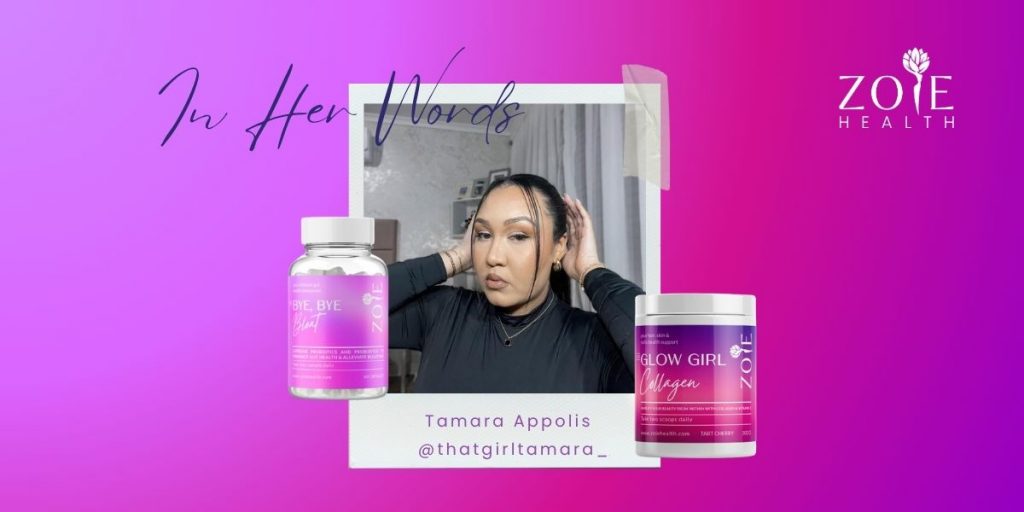If you feel like you can’t orgasm, you’re not alone. About 30 to 60% of women have reported problems achieving The Big O. Researchers have even pinpointed that different sexual encounters (one-night stands, committed relationships and continuing relationships that are more than one night) can dictate the types of orgasms women achieve in heterosexual sex. In the end, about 55% of us fake orgasm, which inevitably leaves us short-changed in the bedroom.
First, it’s important to acknowledge that we should shy away from thinking that orgasms are the be-all and end-all of sex. “The destination is not the goal. It’s the actual journey along the way,” says sexual wellness coach Lindiwe Rasekola. “Someone out there is telling you that if you haven’t had this mind-blowing explosive feeling, then you haven’t really experienced sex and I think that’s where the negativity comes.”
Having said that, wanting an orgasm is completely normal. Science is also still exploring what external and internal (clitoral and vaginal) orgasms even mean, because achieving each is a different experience on its own. Which explains, then, why there are so many questions surrounding orgasms, like whether or not you’ve actually had them – or was that something else? Was it an almost-there moment? What about people always saying to “let go”? What does that even mean?
At the risk of sounding like a Frozen character singing Let It Go during coitus, we’ve turned to the expert Lindiwe Rasekola for answers.
First, what exactly is an orgasm?
“An orgasm is eight to 12 contractions throughout the pelvis that are one second apart,” says Lindiwe. “The feeling is not just in the vagina area, it’s in the pelvic area altogether.” You should experience sharp, sudden bursts of pleasure after a lead-up of building stimulation. But each orgasm differs from person to person, so you might experience longer, lingering feelings, and the intensity of the orgasm can vary, too.
Can you miss your own orgasm?
According to experts, if you can’t orgasm, it’s even possible to not know you’re experiencing one. “Orgasms have a range of feelings,” says Lindiwe. “They can be super intense, or sometimes you may not know you’re having one.” What’s important? Really get in touch with your feelings: close your eyes and allow yourself to be fully present so you can actually experience pleasure. And don’t fake out: one study reported that 78% of respondents faked orgasm to avoid conflict or to spare their partner’s feelings. Kinda defeats the purpose, right?
Is it possible to be scared of orgasming?
Yip! In fact, that fear might be standing in the way of you and the feeling that you just can’t orgasm. “There are various factors that may be the reason for fear. From your upbringing, cultural affiliation, religious beliefs and even societal standards,” says Lindiwe. “It’s important to establish where you stand in all those areas, what informed those standpoints and if you are willing to explore other views. Do some research so that you arm yourself with the knowledge to feel comfortable trying new things.”
Still can’t orgasm?

Not being able to climax can be attributed to a plethora of issues: situational, generalised, or something new, from psychological circumstance all the way to a new medication. You may need to think about what’s new and what’s changed in order to identify why you’re not able to climax.
If you’ve never climaxed before, it’s likely you need to spend time with yourself when you’re really relaxed and let yourself get there. Then, incorporate those tricks when you’re with your partner.
Also, studies show there are different types of orgasms, from clitoral to internal and beyond. If every intimate experience is different, it’s better to understand that not all climaxes are created equal. And isn’t that what makes things more fun?
Want in on more important convos? Join the Zoie app, where every week, we pose an important question relating to women’s health in the app Circles. Every question posted is answered by a healthcare practitioner trained in that field, and any and all questions are welcome.









